Here is some interesting information about Malaysia’s top rich list, collated by Koon Yew Yin.
Southeast Asia is one of the fastest-growing regions in the world, thanks to its strategic trade location, a population twice the size of Europe, and a skilled workforce empowered by digital technologies. According to Knight Frank’s Wealth Report, countries in Southeast Asia, including Malaysia and Indonesia, are projected to see significant growth in the number of wealthy individuals from 2023 to 2028.
Notably, Malaysia has experienced a 75% increase in the number of millionaires aged 30 and under, as highlighted in a recent news report. With the rise in wealthy individuals in Malaysia, one might wonder: how much wealth or income is required to be among the wealthiest 1% in the country?
Net Worth of The Top 1%
A person’s net worth is the value of their assets minus all liabilities. These assets can include physical properties and investments such as stocks, bonds, private equity, real estate, and even alternative assets like gold and rare art. Knight Frank, a property consultancy firm, analyzed global wealth distribution and published the findings in its Wealth Report. According to the 2023 Wealth Report by Knight Frank, the entry amount to be among the top 1% in Malaysia was US$485,000. Malaysia saw a 4.3% increase in the number of ultra-high-net-worth individuals (those with assets exceeding US$30 million), rising from 723 in 2022 to 754 in 2023.
Compared to other Asian countries, Malaysia has a relatively lower threshold to enter the top 1%. In Singapore, the highest threshold in Asia, one needs US$3.5 million in assets to be in the top 1%. In Hong Kong and Japan, the requirements are US$3.4 million and US$1.7 million, respectively. These countries are home to many ultra-high-net-worth and high-net-worth individuals, which naturally raises the threshold for being part of the top 1%.
Richest Billionaires In Malaysia And The Businesses Behind Their Wealth
Every year, Forbes releases its famous world’s billionaires list. This year, according to Forbes, the combined wealth of Malaysia’s 50 richest people increased by 2% to US$83.4 billion.
Malaysians were among the billionaires listed by Forbes this year, with Robert Kuok, whose business interests vary from properties and logistics to hospitality, being named the richest again.
#1 Robert Kuok – US$11.5 Billion, Real Estate And Hospitality Industry
Every year, Forbes releases its famous world’s billionaires list. This year, according to Forbes, the combined wealth of Malaysia’s 50 richest people increased by 2% to US$83.4 billion.
Born and bred in Johor, Kuok has a Bachelor in Arts/Science from Raffles College. Having just turned 100 last year, he is a much-respected businessman in Malaysia and is also known by the moniker, ‘Sugar King’.
This is probably because he had his start trading rice, wheat flour and sugar in Johor Bahru. As the founder, Kuok has led the Kuok Group to be a multinational conglomerate with an expansive presence in six continents.
The Kuok Group portfolio of businesses includes property development, logistics, food, digital infrastructure, hospitality and maritime.
2 Quek Leng Chan – US$8.8 Billion, Banking Industry
Second richest billionaire in Malaysia is banking magnate Quek Leng Chan, who amassed US$8.8 billion of wealth.
Quek is the Executive Chairman of Hong Leong Co., one of the top banks in Malaysia and has been chairing the board for 30 years. His uncle is Kwek Hong Png who founded the Hong Leong Group in Singapore, a multi-conglomerate. At the age of 83 years old, Quek has a background in law and earned his qualification as a barrister in the UK.
3 Lee Yeow Chor and Yeow Seng – US$5.35 Billion, Palm Oil Industry
Following closely behind is Lee Yeow Chor, the Group Managing Director and Chief Executive Officer of IOI Corporation, which is known for its palm plantations business. Lee Shin Cheng, his father, spent his childhood on a rubber plantation and is a highly respected figure known for his charity works after having founded IOI Corporation. He passed at 79 years old in 2019.
Lee is one of the younger billionaires on the list at 57-year-old and has a law qualification from King’s College in London. Together with his sibling Lee Yeow Seng, they manage their father’s businesses.
The IOI Group has stakes in many businesses including property development in overseas. Its core businesses are in palm oil plantation and resource-based manufacturing such as producing oleochemicals, chemicals that come from natural oils and fats.
4 Koon Poh Keong and Siblings – US$5.3 Billion, Heavy Industry
Koon Poh Keong is the Group CEO of Press Metal Group, a company that specialises in aluminium smelting. Perhaps due to the nature of the business being less front-end and more behind-the-scenes, some might not be familiar with Koon. Koon, who is 63 years old, is the youngest in his family out of seven brothers. About 36 years ago, he and his siblings set up Press Metal and had to learn everything about the business from scratch.
Now, the company is worldly-recognised for producing aluminium that is used in the food and beverages industry, technology and by high-speed train companies.
5 Ananda Krishnan – US$4.8 Billion, Telco And Media Industry (Passed Away 28th November 2024)
Ananda Krishnan is known as the person that brought television subscription services Astro to Malaysian households.
The 86-year-old entrepreneur dabbles in many businesses including owning one of the biggest telco companies in the country, Maxis as well as oilfield services provider Bumi Armada.
In 2006, Ananda bought over Aircel, a mobile carrier company that is based in Mumbai, India for a whopping US$800million.
6 Francis Yeoh & Siblings – US$4.7 Billion, Construction & Engineering
Francis Yeoh is the eldest heir of businessman Yeoh Tiong Lay, who founded the listed YTL. Yeoh Tiong Lay died in 2017 at the age of 87.
Together with his seven siblings, Francis manages the family’s empire that run the gamut from cements, hotels, property to utilities.
YTL also has stakes in power plant, Power Seraya in Singapore and the Eastern & Oriental Express luxury train.
7 Jeffrey Cheah – US$2.4 Billion, Real Estate
Placing eighth is Jeffrey Cheah, who is the executive chairman of Sunway with a fortune of US$2.4 billion. Jeffrey Cheah, aged 79, is known for developing townships in the country with stakes in property, education, healthcare and hotels.
He is also a philanthropist who offers thousands of education scholarships to Malaysian students.
8 Lim Kok Thay – US$2.2 Billion, Gaming and Hospitality Industry
Lim Kok Thay, 73 is the Chairman of Genting , the only conglomerate which has a licence to operate a casino in Malaysia. Lim is educated in the sciences, specifically civil engineering in the University of London. He is the son of the late Lim Goh Tong who in 1965, had a vision to build a resort on the mountains, known today as Resorts World Genting.
The list of businesses under the Genting corporate umbrella include tourism and hospitality, property, power generation, oil palm plantations and biotechnology.
9 Chia Song Kun – US$1.8 Billion, Agro-Food Industry
Rounding the top 9 list of richest billionaires in Malaysia is 74-year-old Chia Song Kun who founded and is currently serving as the Executive Chairman of seafood trading company QL Resources.
Having grown up in a fishing village in Selangor state, Chia graduated with a degree in Mathematics from University of Malaya and had an academic life as a lecturer in a local university.
Following 11 years of teaching, he ventured on a fish and feed meal business with his family, which grew to QL Resources today. Now, the company is a multi-national agro-food company that is involved in marine products, livestock farming and oil palm.
Subscribe Below:



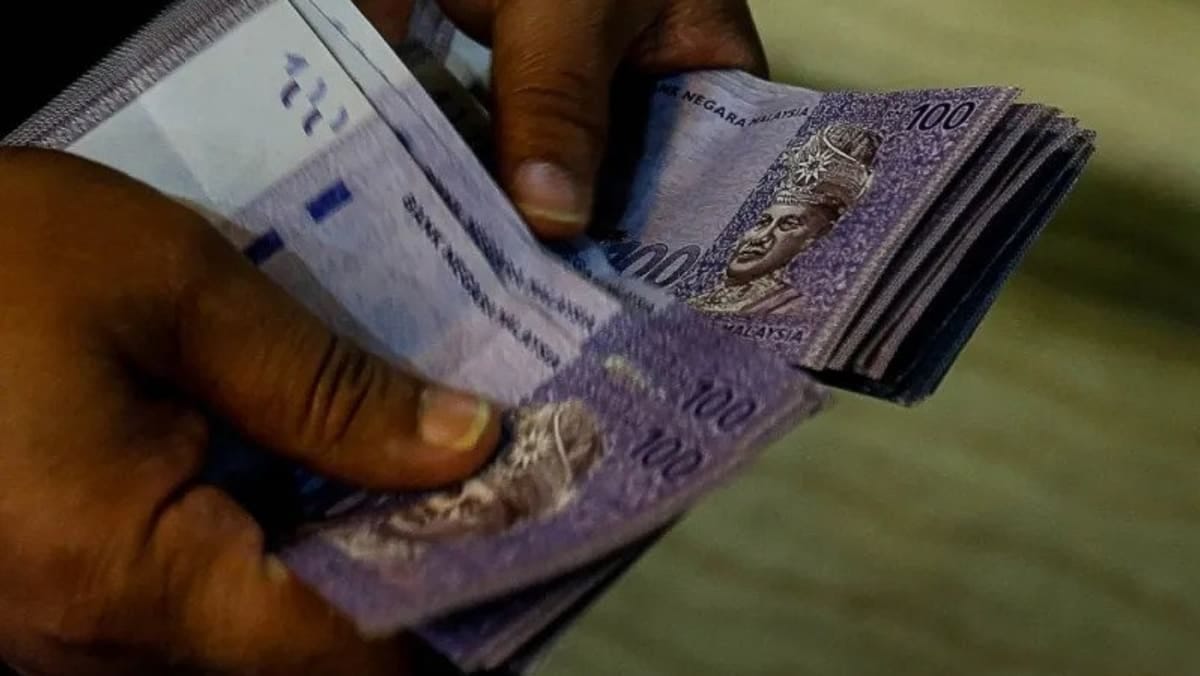
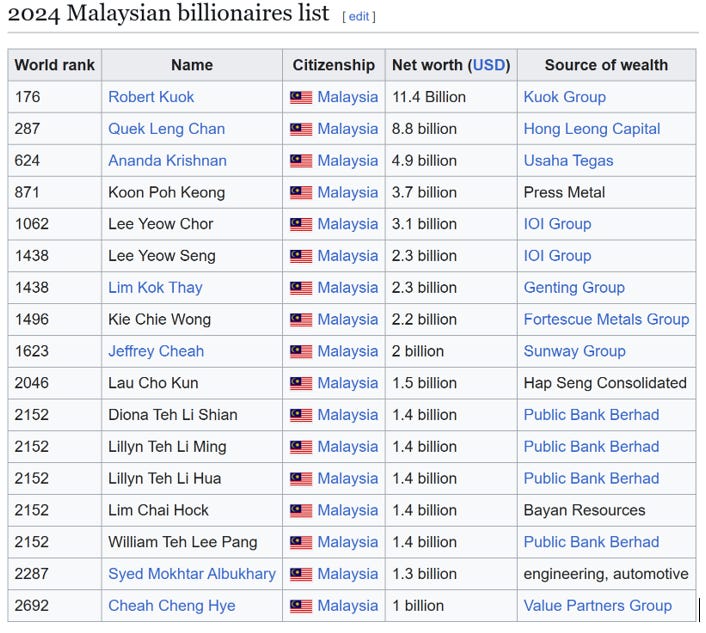
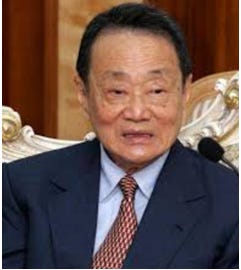
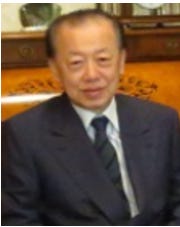
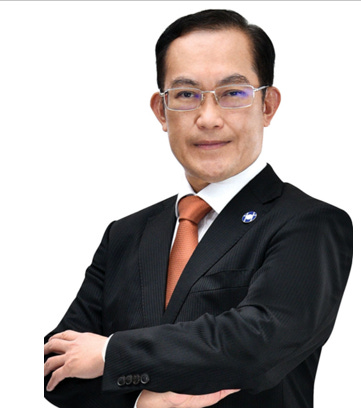
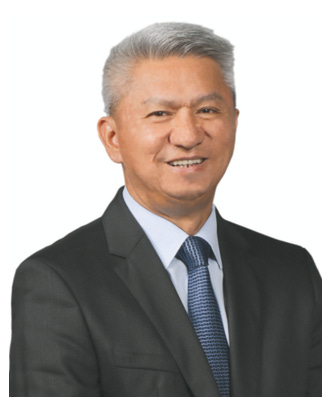
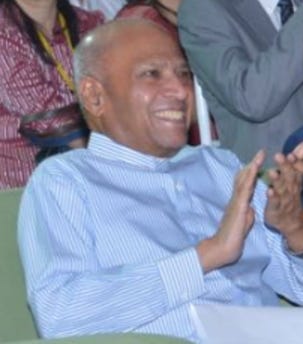
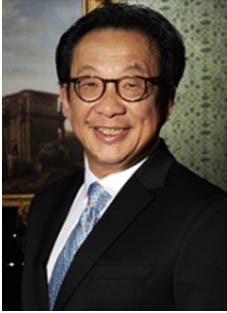
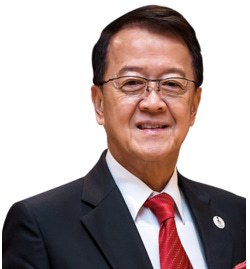
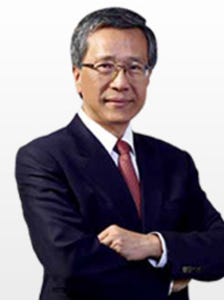
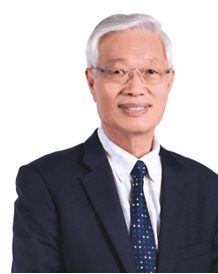
just because of a few billionaires present in this failed state, the country pathetic and poverty due to the majority of the masses' failure to think,learn and reason for themselves, the sorry state of politics, economic and education cannot be reversed even in the next two decades. The keys to reverse the decline and deterioration of further current state of affairs confronting this ruined nation lies in the ability to of the power that be, the PM, government leaders, educators and intelligencia to teach the man on the street these three aspects of matured persons who are capable of three mental, emotional exercises:-
1.“The illiterate of the 21st century will not be those who cannot read and write, but those who cannot learn, unlearn, and relearn. ”
― Alvin Toffler (4 Oct 1928- 27 June 2016)
2.He who will not reason, is a bigot; he who cannot is a fool; and he who dares not is a slave. Sir William Drummond (26 Sept 1769-29 March 1828)
3. Attachment is the great fabricator of illusions; reality can be attained only by someone who is detached. Simone Weil (3 February 1909 - 24 August 1943)
Education that leads to true freedom should focus on these three aspects of life.
"The only skill that will be important in the 21st century is the skill of learning new skills. Everything else will become obsolete over time." ~ Peter Drucker(19 Nov 1909-11 Nov 2005)
The crisis in education, health care,social ills and other crisis plaguing the country is to face reality and truth.
"Humans fear reason, but they ought to fear stupidity- for reason can be hard, but stupidity can be fatal." ~ Johann Wolfgang von Goethe
"In the sciences, the authority of thousands of opinions is not worth as much as one tiny spark of reason in an individual man." ~ Galileo Galilei( February 15, 1564-: January 8, 1642)
To reverse the downward decline of this nation is almost an impossible challenge. As expressed by this Machiavelli quote:
“It must be remembered that there is nothing more difficult to plan, more doubtful of success, nor more dangerous to manage than a new system. For the initiator has the enmity of all who would profit by the preservation of the old institution and merely lukewarm defenders in those who gain by the new ones. ”
― Niccolò Machiavelli (3 May 1469 - 21 June 1527)
Fraud and deceit are held by Machiavelli as necessary for a prince to use.] Violence may be necessary for the successful stabilization of power and introduction of new political institutions. Force may be used to eliminate political rivals, to destroy resistant populations, and to purge the community of other men strong enough of a character to rule, who will inevitably attempt to replace the ruler. Machiavelli has become infamous for such political advice, ensuring that he would be remembered in history through the adjective, "Machiavellian".
Notice how this report contrasts sharply with Murray Hunter's and his guests' relentless portraying of Malaysia as a 'failed state', a racist state (note the number of Chinese billionaires (including thieves and those who've bribed lowly public servants to secure their contracts and licenses over others) compared to Malays.